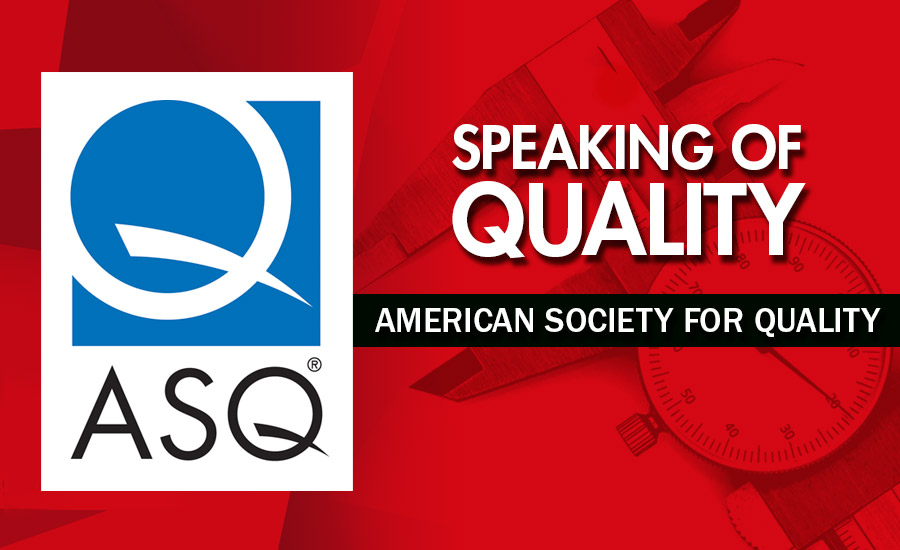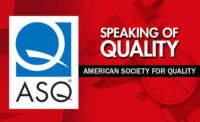In one of its simplest definitions, quality represents the state of conformance to requirements. To be able to determine this conformance, we need to compare the product or service to established standard. This comparison can be performed through visual inspection, part measurement, and nondestructive testing.
Quality inspectors are the essence of any organization because they perform all of the above—as well as many other actions, which determine whether or not product is conforming to specifications. This is an important baseline to manage product quality. The quality inspector is involved in everyday activities intended to ensure that products or services meet customer expectations. Quality inspectors frequently work with measurement and inspection laboratories, as well as on the shop floor supporting and interacting with quality and production personnel. Without quality inspection—and quality inspectors—attempting quality control, assurance and management methodologies would be pointless. Because this function is so important, let's discuss how to determine the excellence of this profession.
THE CHARACTERISTICS OF A QUALITY INSPECTOR
The quality inspector is involved in many aspects of product quality, including:
- evaluating hardware documentation
- performing laboratory procedures
- inspecting products against specified standards
- measuring process performance
- recording data
- preparing formal reports
Because of this, the quality inspector needs technical expertise in the field where they perform given tasks. This knowledge should be related to the processes where inspection is applied. The quality inspector should be aware of all applicable standards and regulations and know-how to systematically perform feature comparisons to prescribed requirements. The quality inspector should also be familiar with the products and processes, and how to use the inspection monitoring and measuring instruments. A quality inspector is required to understand and apply a variety of tools and techniques, including technical math, metrology, inspection and test techniques, and quality assurance and improvement methodologies. These are the essential features that determine the technical competency of the profession.
The level of excellence within the inspection field requires a specific personal skill set that distinguishes average from outstanding inspectors. The quality inspector must be attentive, objective, and detail oriented. This profession requires a high level of responsibility and accountability when performing quality inspection duties. The quality inspection activities are better performed by the specialists who are accurate and error free, analytical, consistent, confident, reliable, and organized.
Since quality inspectors need to work in cross-functional teams, solid interpersonal skills are essential. This interpersonal skill set includes: verbal and nonverbal communication, listening, problem solving, and decision-making.
THE RIGHT COMBINATION
The perfect quality inspector represents the blend of all these features. The right business decisions should rely on precise, unbiased data from measurements quality inspectors procure during their activities. When it comes to the product, quality inspection is the only activity that will provide data to drive the decision-making process.
Some of the personal and interpersonal skills mentioned could be the part of an individual’s personality, while other skills can be learned in professional courses and seminars. However, the only way to achieve the technical expertise needed to perform the duties of a quality inspector is through constant study and accumulated experience.
A Certified Quality InspectorThe characteristics mentioned in this month’s column help differentiate a quality inspector from other quality professionals. But, it is also important to differentiate yourself from other inspectors. You can do that through an ASQ Certified Quality Inspector (CQI) certification, which is considered a mark of quality excellence in many industries. Being a Certified Quality Inspector represents peer recognition of the proficiency and comprehension you have demonstrated in your area of expertise. The CQI also confirms your commitment to quality and to the profession. As a result, both you and your organization benefit from the investment. To learn more about certification, visit asq.org/cert. |


